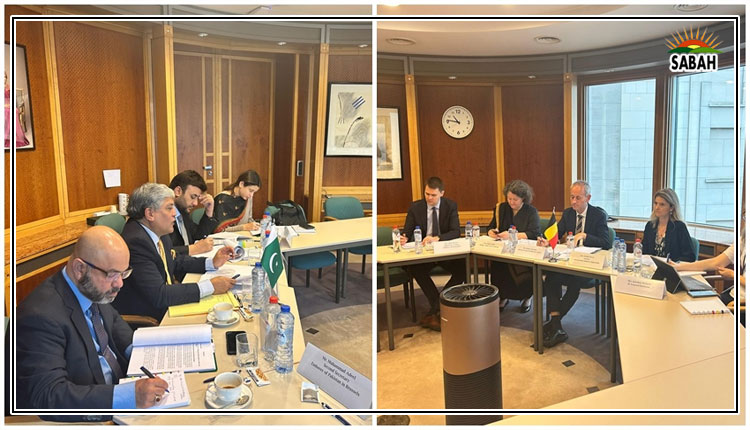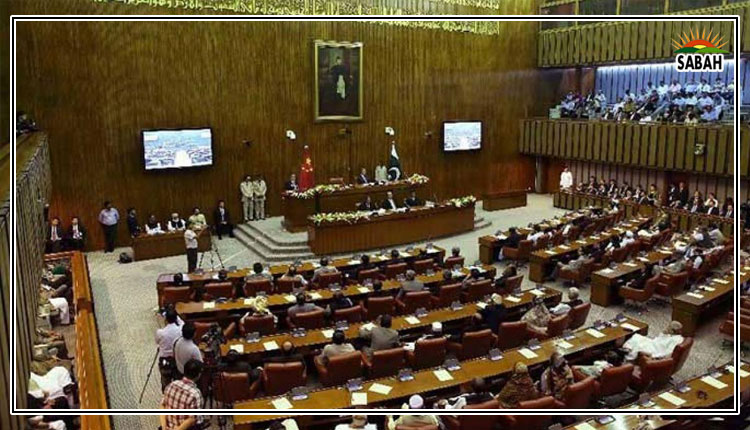Previous policies on criminal justice reforms be reviewed so as to assess their impact & design future strategies: CJP Justice Yahya Afridi
KARACHI, Dec 12 (SABAH): As part of the ongoing jail reforms initiatives, the Chief Justice of Pakistan, Justice Yahya Afridi, presided over a meeting on Thursday at the Supreme Court Branch Registry Karachi, Sindh, to address critical challenges within the correctional system. The Chief Justice emphasized that the objective of the meeting was to collaboratively identify and address systemic issues. He underscored the importance of a collective effort to ensure that the inmates are dealt with humanely and in accordance with law. Highlighting the urgency of the matter, he stressed the need to prioritize cases involving inmates awaiting decisions for over three years, proposing the development of mechanisms to expedite such cases. Additionally, he suggested that previous policies on criminal justice reforms be reviewed so as to assess their impact and design future strategies.
The session was attended by Justice Muhammad Shafi Siddiqui, Chief Justice of the High Court of Sindh; Justice Irshad Ali Shah (Retd.), Former Judge of the High Court of Sindh; the Secretaries of the Home and Law Departments; the Inspector General of Police; the Inspector General of Prisons; the Superintendent of Central Jail; Members of the Provincial Assembly, Abdul Razzaq Raja and Sheikh Abdullah; and Barrister Haya Emaan Zahid, CEO of the Legal Aid Society.
During the session, a Sub-Committee for Sindh Province was formed to evaluate the current state of prisons and propose a comprehensive reform package aimed at enhancing correctional facilities and practices. The Sub-Committee will be led by Justice Irshad Ali Shah (Retd.), with Barrister Haya Emaan Zahid serving its Coordinator and Abdul Razzaq Raja and Sheikh Abdullah as Members. Representatives from the Inspector General of Prisons Sindh and the Law and Justice Commission of Pakistan (LJCP) will also be included. The Sub-Committee’s mandate includes developing actionable recommendations to address challenges faced by prisoners, introducing rehabilitative programs such as vocational training, mental health support, and educational initiatives, and devising strategies for the reintegration of inmates into society after release. The strengths of successful provincial models will also be highlighted to encourage replication across other provinces. These recommendations will form a key component of the National Jail Reform Policy, ensuring a comprehensive, inclusive, and province-wide perspective.
Earlier on the maiden visit of the Supreme Court Branch Registry Karachi, the Chief Justice during his interaction with the staff emphasized the need for exemplary service to litigants visiting the court premise. He directed that every issue of litigants be handled courteously and efficiently, under the law. He desired to setup a front desk to treat litigants with the utmost respect and dignity. Any complaints of rude behaviour would result in action against the delinquent. He assured the staff that their grievances, including promotion and service-related matters, would be addressed provided they uphold high standards of service delivery and courtesy. The Registrar will visit the Registry for timely resolution of staff concerns.











